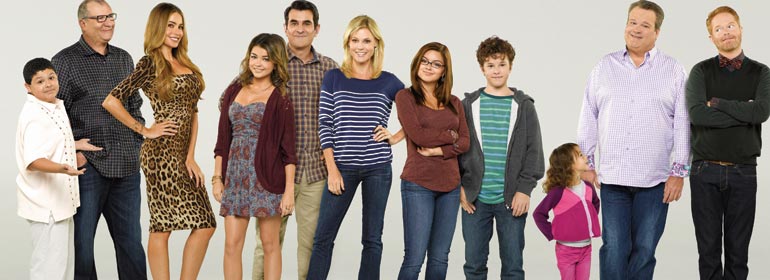The forthcoming referendum is not just about the right of same-sex couples to marry, it’s about modern families of all kinds, says Rob Buchanan.
As part of their annual Diversity Week, Citibank Ireland hosted a talk on May 13, entitled ‘Modern Families’. Also a nod to Citibank’s 50th anniversary in Ireland, the event featured a discussion on the ever-changing nature of the family unit in Ireland.
I must confess I initially thought I would only find the sexual orientation aspect of it interesting, but I quickly became invested in all the stories of normal family life viewed through different lenses. The roles and effects of sexual orientation, disability, race and nationality in family were all explored. The panel featured primary school teacher Sinéad Burke, a little person who will be familiar to many in the LGBT community as Alternative Miss Ireland winner Minnie Melange; Denise Charlton, ex-Chief Executive of the Immigration Council, who is raising her children in a two-mum family; Aisling Gordon, a single mother raising the daughter she adopted from Ethiopia after a long, arduous process; and Phil Hayes, a father who talked about his teenage daughter coming out. Host Alan Lambert himself is no stranger to the challenges and rewards of being a member of a modern family. He is a gay man raising his two nephews with his father.
I would consider myself a liberal person; however hearing these life stories forced me to confront my own in-built prejudices. Had I not stared too long at that little person in town? Hadn’t I noted the black kid with the white mother? Making snap assumptions about other people’s lifestyles and backgrounds is second nature to humans. It’s an evolutionary throwback, related to fight or flight. But as modern humans in modern families we should keep our minds open and remember the person under the assumption. We might well be surprised how familiar that stranger looks.
Getting on With Family Life
The stories were funny, about the banalities of just getting on with family life whoever you are. For example Denise Charlton noted how she occasionally turns around to her partner at the school gates or the supermarket and will think, ‘I forgot we were lesbians!’ There were heartbreaking accounts of casual cruelty which had touched people’s lives simply because they had non-traditional families. The discrimination each of these modern families has experienced serves to highlight how vital it is to nurture inclusiveness in every aspect of our society.
But it was the inspiration of joy forged in adversity that stood out as the overriding message for me. As Sinéad Burke said, we are born as we are by chance. Nobody chooses their race, or the circumstances of their birth. Our first instinct might be to note the difference. Our temptation is to pigeonhole the stranger by their sexual orientation, skin colour or physical appearance. But when we realise that any of those people could just as easily be us, it’s much simpler to see the person behind the assumptions we make.
The paradox at the heart of all this diversity, is that people really all want, and deserve, the same things. Security, respect and, of course, love. The family unit traditionally may have been father, mother and children, but it’s the environment that family relationships create which is important. Not the genitals, skin-colour or physical stature. Life is the same for all families. Nappies need to be changed, dinners need to be made, broken-hearted teenagers need to be consoled.
Valuable Lesson
Nobody said that having a less conventional family was going to always be a rose garden. Aisling Gordon said she anticipates some playground issues due to her daughter being of a different race, but added that raising children is always a challenge, regardless. Ironically, though, the playground is exactly where discrimination can be overcome. It is the place where children can learn the valuable lesson that people come in all different sizes, colours and types, and through this can learn acceptance.
The spectre of the upcoming referendum looms over all the families in different ways. Phil Hayes comically noted that he had mixed feelings about it, given that the anticipated wedding of his daughter to her girlfriend would cost him a fortune. It’s that kind of ordinary day-to-day reality of equality which will hopefully be the norm soon for everyone. And in 50 years time the idea that people were concerned about these silly things, let alone had to ask strangers to vote so they could marry, will be as outlandish as it should be now.
The Modern Families talk reminded me of the indirect way that marriage equality will affect even families without LGBT members. Increasing equality and diversity is the tide that raises all boats. When equality and respect are enshrined as ‘the norm’, then all families can flourish along with the nation itself.
© 2015 GCN (Gay Community News). All rights reserved.
